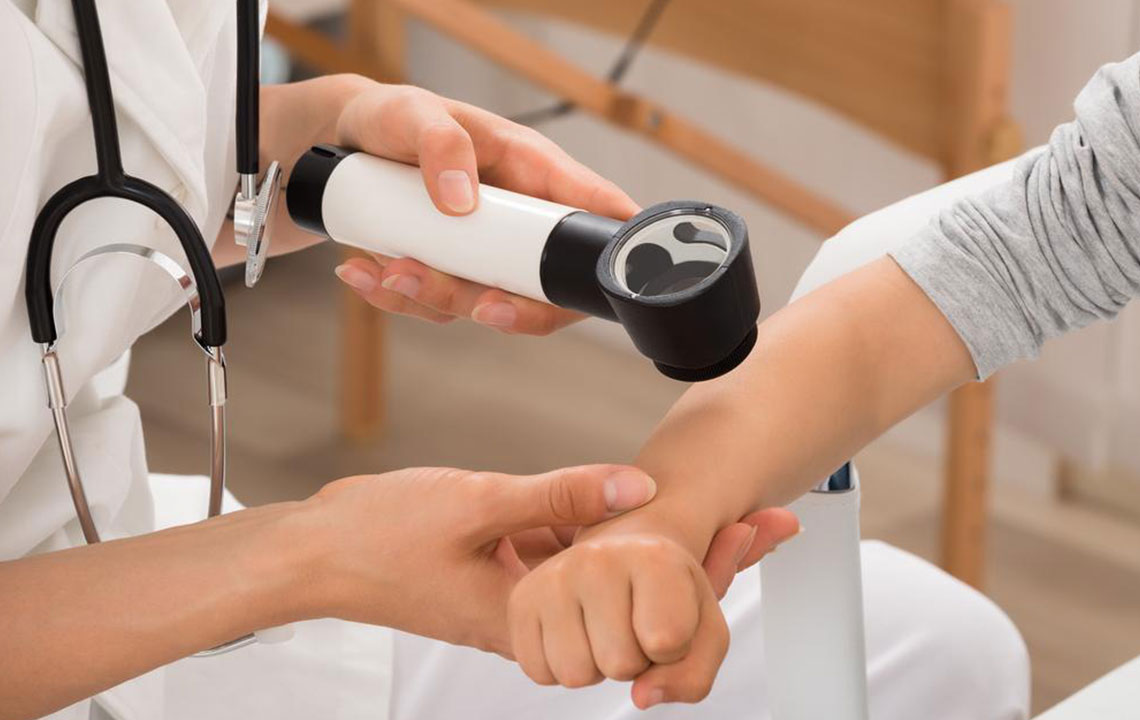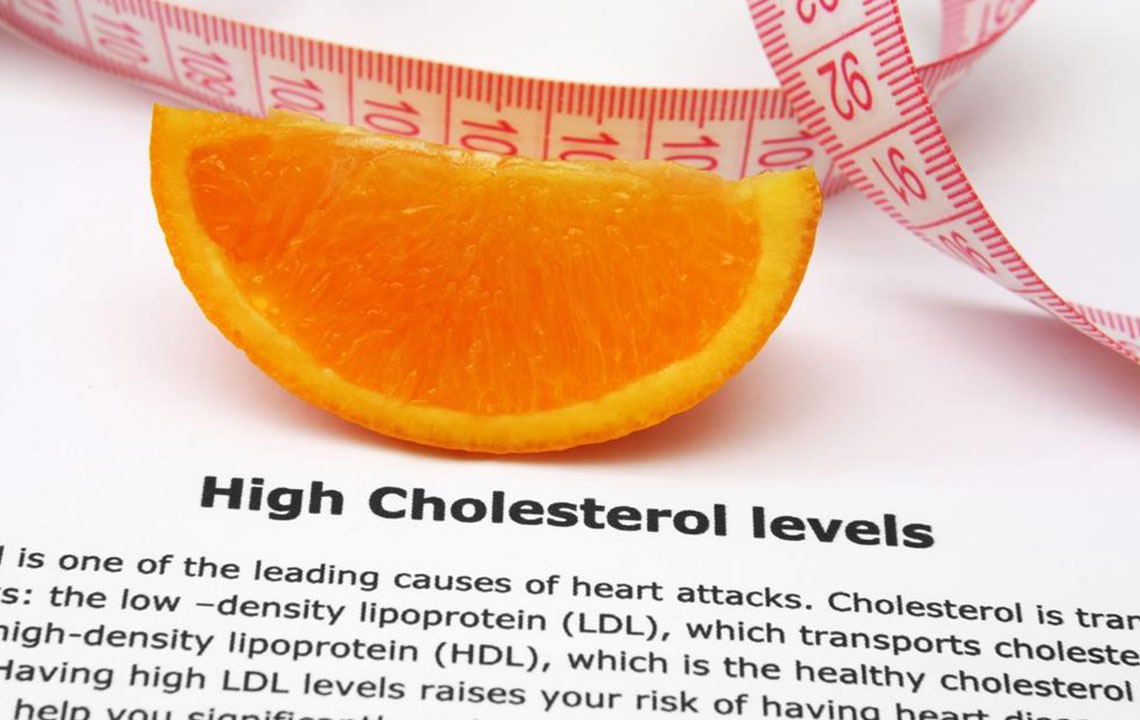Comprehensive Guide to Managing and Relieving Eczema Symptoms Effectively
This comprehensive guide explores effective strategies for managing eczema, including medical treatments, dietary tips, and lifestyle changes. It provides detailed information to help sufferers control symptoms, reduce flare-ups, and improve skin health through safe, practical approaches tailored to individual needs.

Comprehensive Strategies for Managing and Alleviating Eczema Symptoms
Eczema, particularly atopic dermatitis, is a common chronic skin condition characterized by persistent redness, intense itching, and flaky, dry patches. While it is often associated with childhood, eczema also significantly affects adults, with approximately 16.5 million adults in the United States experiencing symptoms at some level. The condition can have a profound impact on quality of life, affecting sleep, self-esteem, and daily activities. Therefore, understanding effective management strategies, including medical treatments, dietary adjustments, and lifestyle modifications, is crucial for controlling symptoms and improving skin health. This article explores various treatment options, dietary considerations, and lifestyle habits that can help individuals better manage eczema and minimize flare-ups.
Medical Treatments for Eczema
Although there is no universal cure for eczema, numerous therapeutic options are available to help control symptoms, reduce inflammation, and prevent flare-ups. The choice of treatment depends on the severity of the condition, individual health factors, and response to previous therapies. Here’s a detailed look at some of the most effective and widely used medical treatments:
CIBINQO® (Abrocitinib)
CIBINQO® is an oral medication approved for managing moderate to severe eczema that does not respond adequately to topical therapies. As a Janus kinase (JAK) inhibitor, it works by modulating the immune response responsible for inflammation. While it can be effective, users should be aware of potential side effects, including an increased risk of infections such as herpes simplex virus, shingles, urinary tract infections, and possibly dizziness or fatigue. Regular monitoring by a healthcare professional is essential to ensure safety and effectiveness.
DUPIXENT® (Dupilumab)
This biologic drug is administered via injection and targets specific pathways involved in skin inflammation caused by eczema. It works by blocking IL-4 and IL-13 cytokines, which play a key role in the inflammatory process. DUPIXENT® is especially beneficial for severe eczema cases that do not respond well to topical treatments. Patients usually experience a significant reduction in flare-ups and itching. Common side effects include soreness at the injection site, allergic reactions, eye dryness or irritation, and in some cases, joint pain or cold sores. Continuous medical supervision ensures optimal results and management of adverse effects.
RINVOQ® (Upadacitinib)
RINVOQ® is another oral medication categorized as a JAK inhibitor and is approved for use in adults and children over 12 years old. It effectively reduces eczema symptoms but comes with potential serious side effects, including severe infections, blood clots, cardiovascular issues, and risks of certain types of cancer. Due to these concerns, RINVOQ® must be used under strict medical supervision, with regular blood tests and health monitoring to mitigate potential risks.
EUCRISA® ( Crisaborole)
EUCRISA® is a non-steroidal topical ointment suitable for mild to moderate eczema cases. Approved for use in infants over three months old, this medication penetrates the skin to reduce inflammation and alleviate itching without the risks associated with steroids. While generally well-tolerated, some users may experience allergic reactions, burning, or stinging sensations at the application site. It provides a convenient and safe option for children and adults alike, especially for those seeking steroid-free treatments.
Dietary Tips for Eczema Symptom Relief
Proper nutrition plays a significant role in managing eczema. Certain foods may trigger flare-ups, while others can help reduce inflammation and promote skin healing. Identifying personal food triggers is vital; common culprits include dairy products, eggs, soy, gluten, nuts, and fish. An elimination diet supervised by a healthcare professional can be beneficial in pinpointing specific sensitivities.
Incorporating anti-inflammatory foods into your diet can greatly assist in symptom control. These include fatty fish such as salmon and mackerel, which are rich in omega-3 fatty acids. Foods containing quercetin, a natural anti-inflammatory compound found in onions, apples, and berries, can also help modulate immune responses. Additionally, probiotics found in yogurt, kefir, and fermented foods support gut health, which is increasingly recognized for its role in skin health. Staying hydrated and consuming a balanced diet rich in fruits, vegetables, and whole grains further enhances skin resilience and overall well-being.
Lifestyle Adjustments for Better Eczema Management
Making thoughtful lifestyle changes can significantly reduce eczema flare-ups and support skin health. Here are some practical tips:
Warm, not hot, baths or showers help prevent the skin from drying out. Limit bathing time to 10-15 minutes and use mild, fragrance-free cleansers.
Moisturize frequently with emollients after bathing and throughout the day to lock in moisture. Choose products free from fragrances and dyes to avoid irritation.
Wear soft, breathable fabrics like cotton or linen. Avoid wool, synthetic fibers, or tight clothing that can irritate sensitive skin.
Avoid exposure to known irritants, including harsh soaps, detergents, and environmental allergens such as pollen or pet dander.
Manage stress through techniques like yoga, meditation, or deep breathing exercises, as stress can worsen eczema symptoms.
Use fragrance-free skin care and laundry products. Always check labels to ensure they are suitable for sensitive skin.
Protect your skin from extreme temperatures and environmental factors such as UV radiation or pollution, which can exacerbate eczema.
In conclusion, managing eczema effectively requires a multi-faceted approach that combines medical interventions, dietary management, and lifestyle modifications. While the condition may be chronic, with the right strategies, individuals can significantly reduce flare-ups, improve skin health, and enhance their overall quality of life. Consulting with healthcare professionals to develop a personalized management plan is essential for optimal results and sustained skin health.





